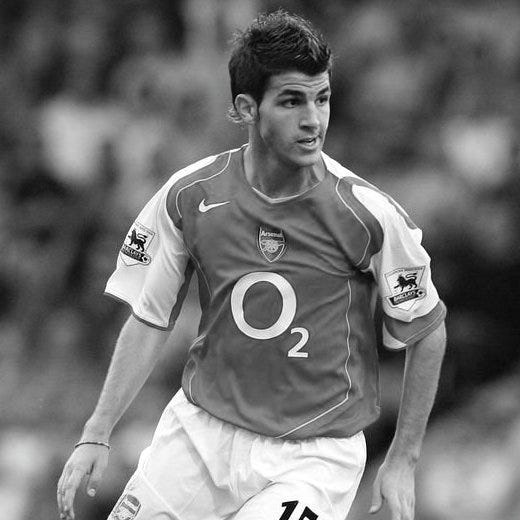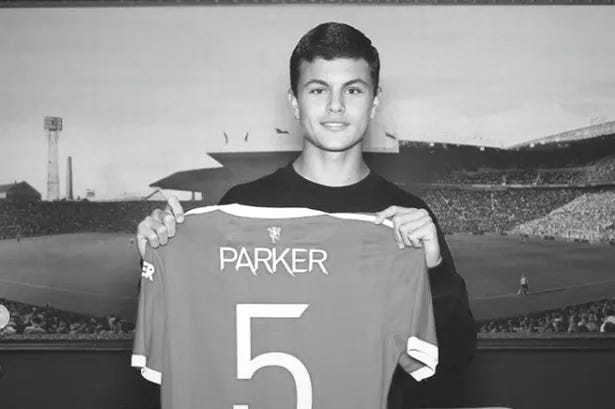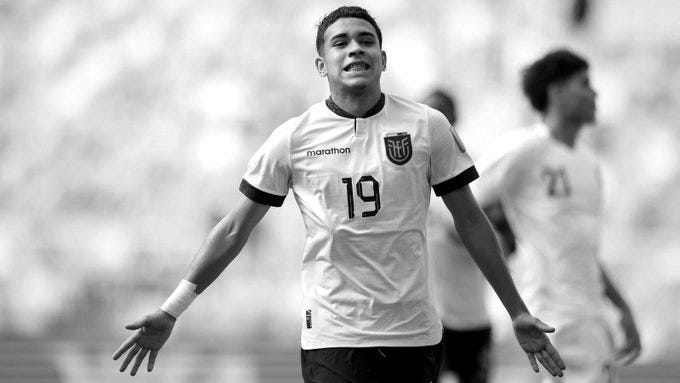How Brexit changed the way elite British clubs approach academy recruitment.
Until the United Kingdom formally completed its withdrawal from the European Union in 2020, elite British clubs had limitless scope for European under-18 recruitment, routinely poaching football's next superstars from under the noses of defenceless foreign clubs.
Article 19 is a regulation introduced by Brexit and subsequently enforced by FIFA, dictating that clubs are prohibited from doing business with overseas clubs for players yet to turn eighteen. For context, had this rule always been in place, the Premier League may never have had the privilege of witnessing the masterful talents of Cesc Fàbregas or Paul Pogba; both of which were signed by their respective clubs under the age of eighteen.
In anticipation of these changes, Britain's elite clubs sought to take advantage of the remaining window of opportunity for overseas academy recruitment. Perhaps the most notable instance of this was John Murtough and Manchester United's European raid in the summer of 2020. This operation saw the arrivals of Isak Hansen-Aarøen, Willy Kambwala, Marc Jurado, Alvaro Fernandez, Radek Vítek and, of course, Alejandro Garnacho - a move that continues to have lasting positive impacts on the club.
Article 19 has made for a more volatile and unpredictable British under-18 market than ever, with young players more frequently rejecting scholarship deals at their clubs in favour of other category-one academies offering better financial and developmental incentives. This summer has evidenced an ever-increasing focus on domestic recruitment, with several high-profile deals receiving far more media coverage than in previous years; for example, Ethan Nwaneri’s initial reluctance to sign a scholarship and subsequent extension at Arsenal. A pertinent case in point of the volatile nature of today’s market is Harrison Parker - in three years the sixteen-year-old England international has played for Arsenal, Manchester United, and just recently completed a move to Manchester City, as reported by Fabrizio Romano
This new-found trend of young players hopping from club to club with little regard for loyalty is suggestive of the changes brought about by Brexit and the ways that Category-one British academies have adapted to continue facilitating development and first-team contribution. Ultimately, this results in elite clubs struggling more than ever to keep hold of their best talents, with more power finding itself in the hands of young British players, who are in a stronger position to make financial demands that would have been inappropriate in the past. These changes also worsen the pre-existing negative implications of the Premier League’s Elite Player Performance Plan, or EPPP, upon lower division clubs, who can put up little-to-no fight when category one clubs come sniffing around their finest produce.
Some clubs have attempted to find legal loopholes and feasible workarounds to maintain their European connections, most commonly through utilising their pre-existing or newly conceived multi-club models or so-called 'sister clubs' to outsource their developmental efforts. A multi-club approach lets clubs like Manchester City recruit European talents through their EU-based affiliates before evaluating them and deciding whether to sign them or continue their development overseas. Tony Bloom of Brighton also takes advantage of similar strategies.
A notable upside of restricted EU recruitment is the vastly improved scouting networks deployed in Africa, Asia and South America, as was recently highlighted by Chelsea's acquisition of the highly regarded Ecuadorian wonderkid Kendry Páez from Independiente del Valle.
Rumours have circulated regarding the reversal of these regulations, with Italian clubs recently being granted permission by FIFA to sign English players after turning sixteen. Despite this, Article 19 continues to scupper the European recruitment hopes of British clubs.






